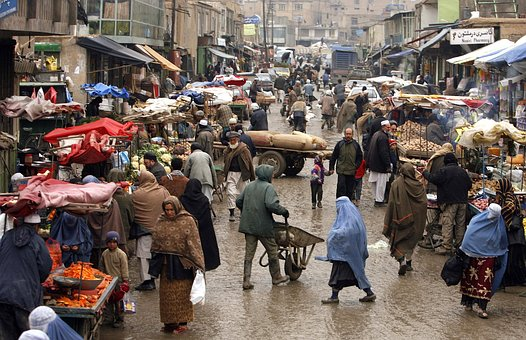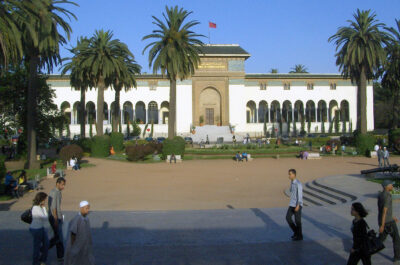Planning a different kind of trip and wanting to experience different cultures and new tastes? You need an assistant. Click here for the perfect trip planner.
The definition of culture shock is the feeling of disorientation when a person is suddenly subjected to an unfamiliar culture. Culture shock can happen anywhere, even in the same country. How people do certain things in the South may be different and shocking to someone from the midwest. In this article, we discuss how you can plan and prepare for a culture shock holiday. So how do you prepare yourself for the difference in culture and attitudes that you know you will encounter?
Since you can’t foresee exactly what is in store for you in the country you are planning to visit, the best you can do is prepare your mindset and attitude on how you will perceive everything you will experience. Be it a difference in clothing, food, or even greeting customs you need to approach your holiday with an open mindset in everything. There are several ways to do this all involving research whether you ask natives of the country or the internet.
Knowledge is power
Read about the place you are travelling to, and try to understand their customs, languages, traditions, and conditions. If you are planning a trip with this site, you’ll be able to find essential guidance for what to expect. If there is a language difference, try to learn the basic language principles before you leave, how to ask for directions, order food, and that sort of thing. Find out how people dress and if there are different gender dress codes, so you don’t offend people.
Avoid content that sensationalises the place, you want to go there with no preconceived ideas, and you don’t want to arrive with a negative attitude. With that said, if you are going to a volatile area, have a contingency plan in place.
Get a local contact
Getting someone who lives in the country can be beneficial, especially if it’s a friend or family member, because they know the area and they know you as well and can explain things to you in a better way. A local contact also helps you with sightseeing and lets you know which are the best places to visit. They also help you get acquainted with the language quickly. From hearing them speak and observing their body language, you can use the language more effectively.
Be open-minded
If you are open to learning and understanding, then you will have an easier time adjusting to a new culture. When you learn you listen better and are polite and humble, everybody appreciates a polite person. Nothing is more offensive than a brash, rude traveller, even in times of offence. Try to keep calm and not lose your cool. It’s always easy for things to get lost in transition, and what you could deem as offensive was just a misunderstanding.
In conclusion
Travelling broadens the mind and makes you more understanding and tolerant. There are benefits to experiencing new and different cultures, such as improving your creativity and broadening your horizon. So tickle your taste buds with strange foods, walk through the maze of a market and wear that headscarf, enjoy other cultures and give them the kind of respect you expect for your culture.





















































































































































































